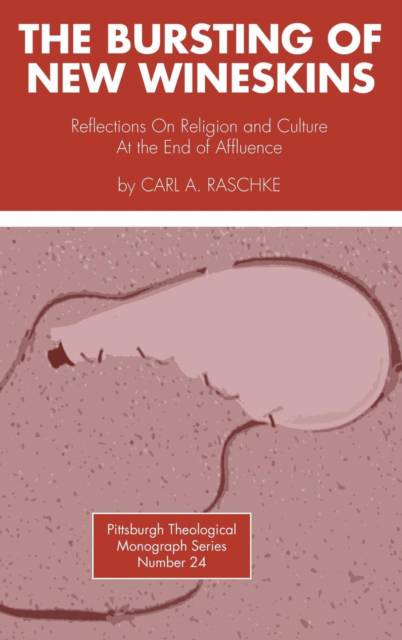
- Afhalen na 1 uur in een winkel met voorraad
- Gratis thuislevering in België vanaf € 30
- Ruim aanbod met 7 miljoen producten
- Afhalen na 1 uur in een winkel met voorraad
- Gratis thuislevering in België vanaf € 30
- Ruim aanbod met 7 miljoen producten
Zoeken
Omschrijving
The recurring economic crises, or near crises, ...have slowly impressed the public mind that we have moved into an era signaling the end of affluence. The source as well as the visible symptom of these crises has been shortages of energy, which have made the average American realize that his habitual, wasteful lifestyle of uninhibited consumption is rapidly becoming impractical. At the same time, much has been written about the economic factors and problems associated with dwindling energy supplies, and there has been a good deal of off-handed speculation about imminent changes in social arrangements that must accompany the slowdown in economic growth. Yet theological reflection concerning the impact of diminished wealth on religious attitudes and values, and the social expectations underlying them, has been minimal; or at least it has not been done in a sustained and comprehensive way.... In [this book] the author assumes the task of such sweeping reflection
Specificaties
Betrokkenen
- Auteur(s):
- Uitgeverij:
Inhoud
- Aantal bladzijden:
- 238
- Taal:
- Engels
- Reeks:
- Reeksnummer:
- nr. 24
Eigenschappen
- Productcode (EAN):
- 9781498227988
- Verschijningsdatum:
- 1/01/1978
- Uitvoering:
- Hardcover
- Formaat:
- Genaaid
- Afmetingen:
- 152 mm x 229 mm
- Gewicht:
- 489 g

Alleen bij Standaard Boekhandel
+ 100 punten op je klantenkaart van Standaard Boekhandel
Beoordelingen
We publiceren alleen reviews die voldoen aan de voorwaarden voor reviews. Bekijk onze voorwaarden voor reviews.











